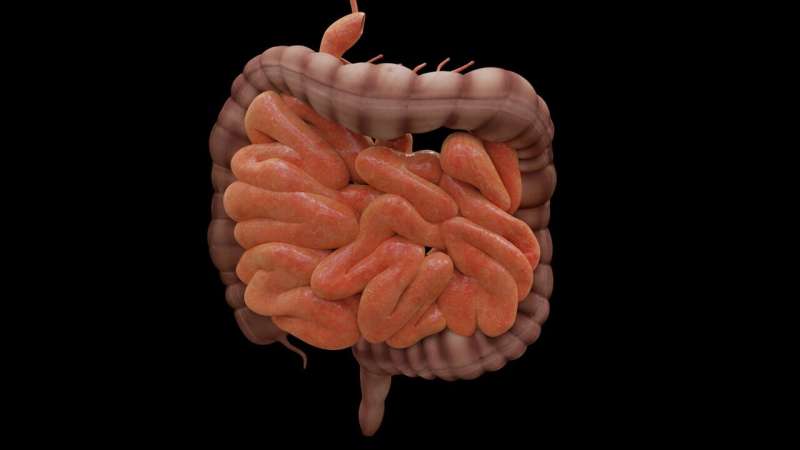New Insights into Key Genes Driving Colon Cancer Progression

Recent research highlights the critical role of the SOX9 gene in suppressing colon cancer progression and metastasis, revealing potential targets for future therapies.
Colorectal cancer remains one of the leading causes of cancer-related mortality worldwide. While researchers have identified various molecular changes associated with this disease, the precise roles these genetic alterations play in tumor development are still being uncovered. A recent study published in the Journal of Clinical Investigation offers new understanding, focusing on the function of the SOX9 gene in colon cancer. Using mouse models and analysis of human colorectal cancer tissues, scientists demonstrated that loss of SOX9 promotes tumor progression, especially when combined with inactivation of the APC gene, which is mutated in about 80% of cases. Notably, inactivating SOX9 alone did not lead to tumor formation, but when combined with APC loss, it resulted in more invasive and metastatic tumors, often exhibiting epithelial-mesenchymal transition—a process that enables tumor cells to migrate and invade surrounding tissues. This transition is a critical step in cancer metastasis, allowing cancer cells to spread to organs such as the liver, lungs, and lymph nodes. Clinical data from nearly 400 patients in the TCGA database supported these findings, revealing that approximately 20% of colorectal cancers had diminished or absent SOX9 expression, correlating with poorer overall survival. These insights suggest that SOX9 acts as a tumor suppressor, and its inactivation contributes to aggressive tumor behavior. Understanding the interplay between SOX9 and other genetic factors could pave the way for targeted therapies aimed at halting disease progression and improving patient outcomes.
For more detailed information, see the original study: Ying Feng et al, SOX9 suppresses colon cancer via inhibiting epithelial-mesenchymal transition and SOX2 induction, Journal of Clinical Investigation (2025).
Stay Updated with Mia's Feed
Get the latest health & wellness insights delivered straight to your inbox.
Related Articles
Innovative Virtual Reality Training Reduces Infection Risks in Portable Medical Devices
A new virtual reality training program developed by Mass General Brigham enhances infection control practices for portable medical devices, aiming to reduce healthcare-associated infections and improve patient safety.
New Research Highlights the Essential Role of Myosin-binding Protein-C in Heart Health
New research from the University of Missouri unveils the critical role of myosin-binding protein-C in regulating heart muscle function and preventing cardiac diseases like hypertrophic cardiomyopathy and heart failure.
Women Experience Greater Subjective Effects of Alcohol During Binge Drinking
Recent research shows women experience more intense subjective effects of alcohol, such as drunkenness and sedation, during binge drinking episodes, highlighting sex differences and risks associated with alcohol consumption.
Global Variations in the Management of Diverticulitis Highlight Need for Standardized Care
A recent international study exposes significant differences in diverticulitis treatment worldwide, urging the need for standardized care and improved guidelines to optimize patient management and reduce antibiotic overuse.



